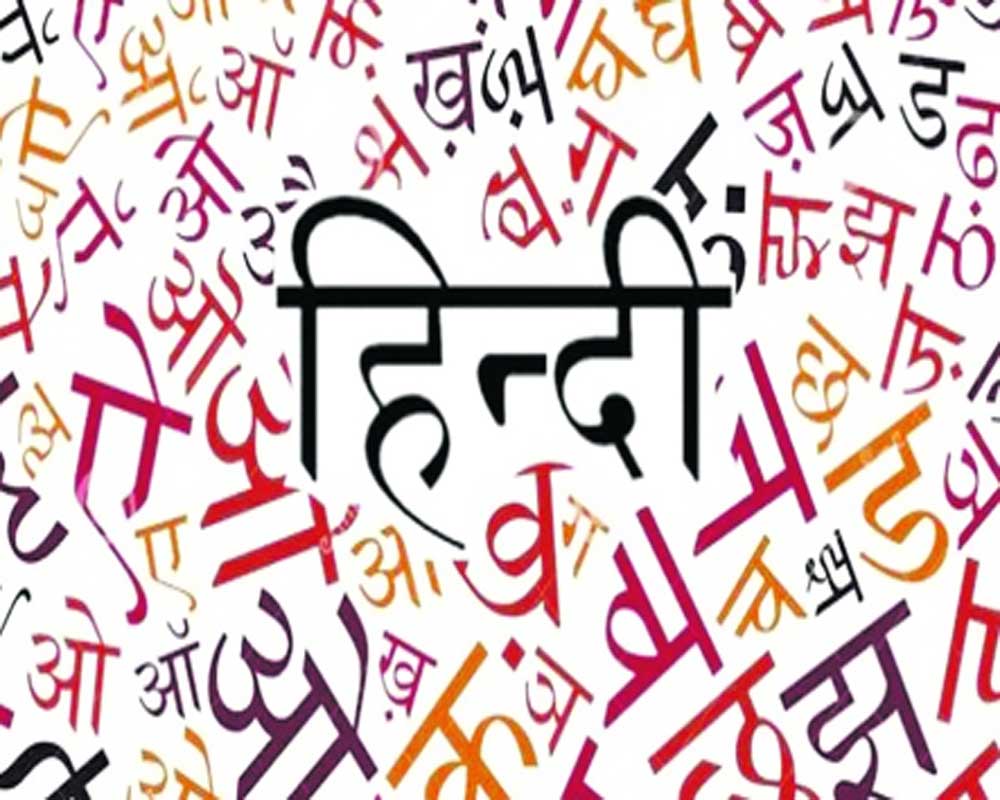Amit Shah’s proposal to make Hindi the unifying language is unworkable and threatens our federal plurality
Perhaps nobody could have articulated the difference between a transactional language and the tongue you are born with than the great Nelson Mandela himself, who was as rooted as global. “If you talk to a man in a language he understands, that goes to his head. If you talk to him in his mother language that goes to his heart,” he said. Our Constitutional fathers understood this and despite their attempt at breaking the colonial shadow with a pan-India language — something which could be argued better during a pure nationalist surge after Independence — couldn’t make either Hindi or Sanskrit the preferred alternative. More than the political opposition that came from regional leaders, our predecessors, in their infinite wisdom, understood that language was more about culture, identity and one of the many concrete embodiments of “unity in diversity” than it was about a tool of communication. As a result, Hindi and all other languages were accorded official language status, a peerage of sorts. And may we say that this policy has neither affected inclusive development, nor changed the national narrative so far. So while English continued to be a link language of economic mobility and global engagement, each State, as is the nature of federal polity, conducted business in it as well as their own familiar words. Besides, language wars or the North versus South debates are well past their expiry date as even the UN has certified that mother languages are intrinsic to human development. These help establish our personalities and relationships with our families, society and the larger world outside, defining the way we express ourselves and establish our confidence. So Home Minister Amit Shah’s bold claim that Hindi should be made the national unifier language and a voice to the world is not only ludicrously revisionist but defeats the civilisational idea of India, which functions as a beehive of plurality rather than as a smartcard monolith of “one India, one language.” Of course, in the current swell of jingoism, nobody would want to listen to reason. Imagine if a Tamil-speaking farmer had to avail a Government scheme in the back of the beyond and is expected to not only read Hindi but understand the fine print and sign off, then it is all about unfair imposition, cultural dwarfism and centrist exclusivity over an empathetic embrace. The poor farmer will have no option but to rely on interlocutors and unnecessary bureaucratic inefficiencies. Similarly, howsoever much we may want to disown English, it has become our common connector, an asset for global empowerment, a social aspiration and the reason that the offshore business processing industry was one of the first to take off in India. How would one talk the language of science without peppering it with English? How would one change academic discipline in higher institutions where English is the accepted and entrenched medium of instruction? How would one score in the professional space of multi-national companies where English is common currency? And rarely have Hindi-speaking people not chosen to pursue English.
By the same logic, the government machinery would be bound to use a single language as a working medium and that privilege would automatically be discriminatory to those officers whose mother tongue isn’t Hindi. According to Article 343 of the Constitution of India, “the official language of the Union shall be Hindi in Devanagari script and (2) Notwithstanding anything in clause (1), for a period of 15 years from the commencement of this Constitution, the English language shall continue to be used for all official purposes of the Union for which it was being used immediately before such commencement.” Schedule 8 allows reviewing the progressive use of Hindi but doesn’t run down English or takes away the State legislature’s right to opt for the language of use. Besides, it clarifies that all authoritative texts must be done in English as well. If anybody thinks that enforcing a language code would foster national integration, then one just needs to look back at how language riots in southern India have at one time threatened it instead. In the words of CN Annadurai, “if we had to accept the principle of numerical superiority while selecting our national bird, the choice would have fallen not on the peacock but on the common crow.” Bollywood, often cited as a mass catalyst of the Hindi-speaking market, has only 43 per cent of our total box office revenue. The rest of the pie belongs to regional films. Let’s not tinker with the avoidable. Homogeneity isn’t always an asset.


























